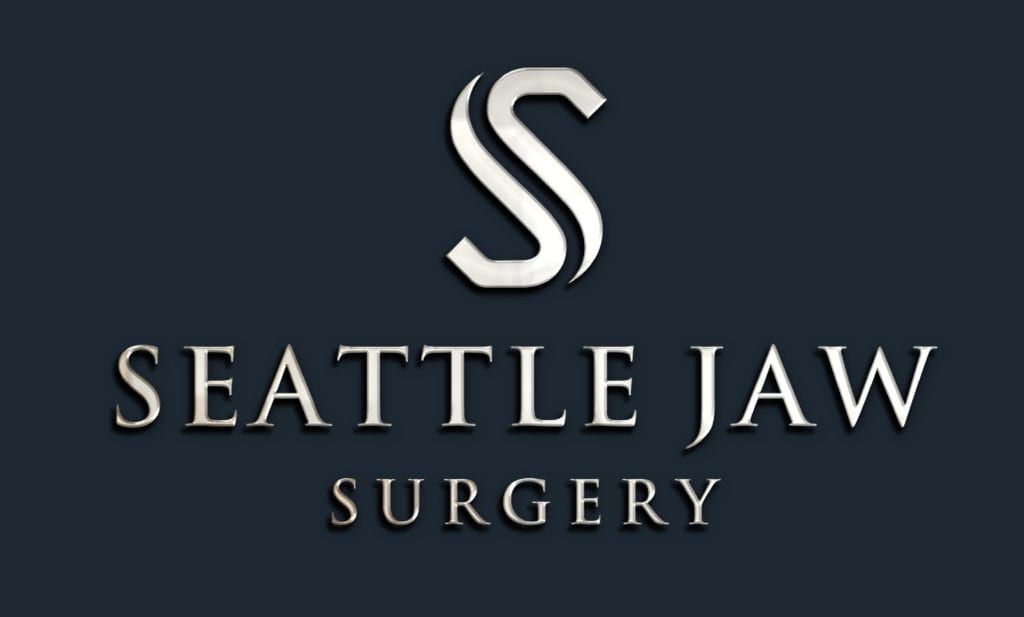Facial traumas are challenging injuries for patients to cope with, particularly because can directly affect a person’s appearance and ability to do otherwise routine activities, such as speak and eat. Anyone with a facial trauma needs the attention and care of a specialist who understands the delicate makeup of the facial bony structures and the soft tissues that surround it. An oral surgeon is uniquely qualified and trained to handle facial traumas of all types, whether caused by a vehicle accident, violence, a sports injury or any other source.
Facial traumas can cause severe functional, structural and cosmetic damage to the face, jaw and teeth? Our office can treat nearly any trauma, ranging from repairs of small intraoral lacerations to complete facial reconstruction. Examples include:
- Teeth that have been dislodged or knocked out
- Fractured cheeks, noses and eye sockets
- Fractured jaws
- Soft tissue injuries to the skin and gums
At our office, we believe that treating the injury is as important as preserving aesthetic results for our patients. We take special care to protect the salivary glands, nerves and any ducts involved in the treatment area while utilizing methods that minimize scarring after recovery.
Cracked, broken and dislodged teeth are very common injuries among people of all ages. With extensive dental training and experience under our belt, we can utilize the latest in restorative dental technology to repair your smile and return it to its pre-accident appearance, whether it be through jawbone reconstruction and bonding, emergency tooth preservation, or dental implants.
If you or someone you know has suffered a facial trauma after an accident, seek emergency attention right away. While in the emergency room, request that your attending physicians have a local oral and maxillofacial surgeon see you for a consultation. Not only are oral surgeons the most qualified to handle facial traumas, but they may also pinpoint hidden or underlying injuries that would otherwise be undetected by emergency room physicians.
